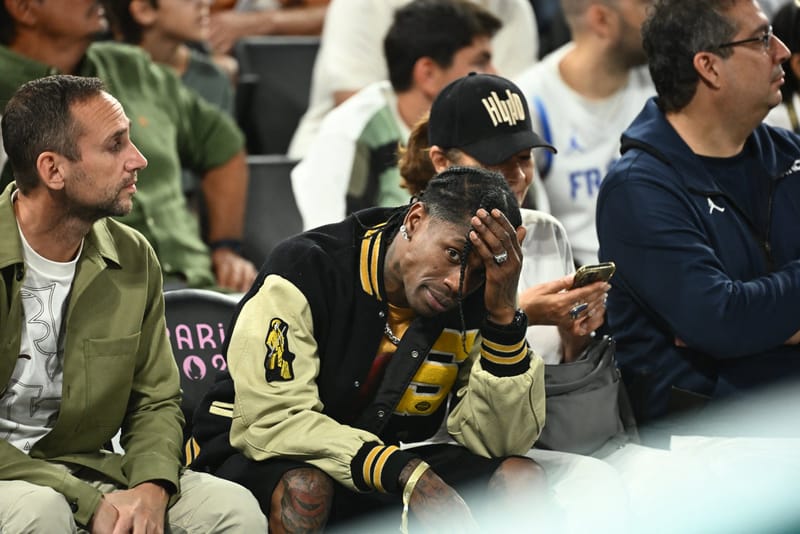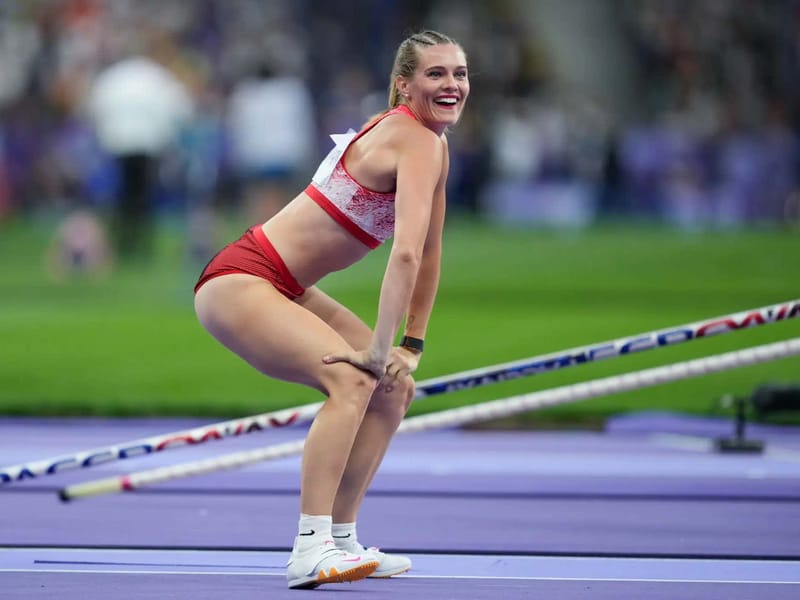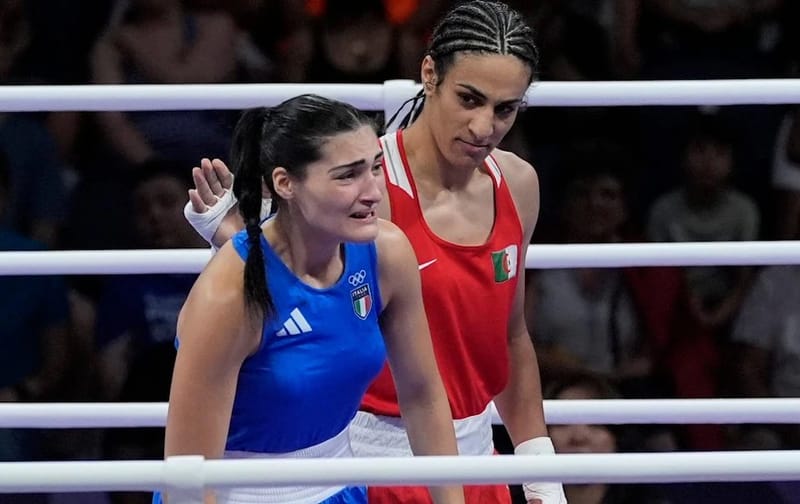U.S. Olympic Committee Bans Men from Women’s Events, Aligning with Trump’s Executive Order
Policy Shift Sparks Debate as USOPC Complies with Federal Mandate Ahead of 2028 Los Angeles Games Colorado Springs, CO – The U.S. Olympic and Paralympic Committee (USOPC) has barred transgender women from competing in women’s sports categories, effective immediately, in compliance with President Donald Trump’s February 2025 executive
Policy Shift Sparks Debate as USOPC Complies with Federal Mandate Ahead of 2028 Los Angeles Games
Colorado Springs, CO – The U.S. Olympic and Paralympic Committee (USOPC) has barred transgender women from competing in women’s sports categories, effective immediately, in compliance with President Donald Trump’s February 2025 executive order titled “Keeping Men Out of Women’s Sports.” The decision, announced on Monday, July 21, 2025, via an update to the USOPC’s Athlete Safety Policy, aligns with the federal mandate and has ignited a fierce debate over fairness, inclusion, and the future of Olympic competition.
The policy change, detailed in a letter to the Team USA community from USOPC President Gene Sykes and CEO Sarah Hirshland, follows Trump’s Executive Order 14201, signed on February 5, 2025. The order directs federal agencies to interpret Title IX, the 1972 law prohibiting sex discrimination in education, as prohibiting transgender women and girls from participating in female sports categories. It also threatens to withhold federal funding from non-compliant schools and organizations and calls for the State Department to pressure the International Olympic Committee (IOC) to adopt similar standards.
Breaking News: The U.S. Olympic & Paralympic Committee quietly changed its rules to bar transgender women from Olympic women’s sports, complying with President Trump’s order. https://t.co/ouUnekjA36
— The New York Times (@nytimes) July 22, 2025
The USOPC’s updated policy, buried in its Athlete Safety Policy, avoids explicitly mentioning “transgender” but commits to “ensuring a fair and safe competition environment for women” consistent with the executive order and federal law. The change strips national governing bodies of individual sports, such as USA Fencing, of their previous autonomy to set transgender eligibility rules, mandating compliance across all Olympic and Paralympic sports.
“This is about upholding fairness and safety for female athletes,” Hirshland said in a statement. “As a federally chartered organization, we have an obligation to comply with federal expectations.” The USOPC’s decision follows conversations with federal officials, though it remains vague on enforcement details or whether the ban applies to men’s sports categories.
The move puts the U.S. at odds with the IOC, which has allowed transgender women to compete in women’s events since 2004 under specific medical and eligibility criteria, such as testosterone suppression. The IOC delegates eligibility decisions to international sports federations, some of which have already imposed stricter rules barring transgender women who experienced male puberty. The first openly transgender woman to compete at the Olympics, New Zealand weightlifter Laurel Hubbard, participated in the 2020 Tokyo Games but did not medal.
BOOM
— Tim Pool (@Timcast) July 22, 2025
Olympics has just BANNED Transgender Male athleteshttps://t.co/ObGHCD25la pic.twitter.com/OHaR4zMrdf
Critics of the USOPC’s decision argue it discriminates against a small minority of athletes. Fewer than 10 of the 544,000 collegiate athletes are transgender, highlighting the limited scope of the issue. Transgender rights advocates condemned the policy, with one leader stating, “Trans students deserve the same opportunities to compete and thrive.” A lawsuit filed in February 2025 by two transgender high school students in New Hampshire challenges the executive order, alleging violations of constitutional protections and Title IX.
Supporters, including former swimmer Riley Gaines, who attended the executive order’s signing ceremony, hailed the USOPC’s compliance as a victory for women’s sports. “This ensures fairness and protects the integrity of competition,” Gaines posted online. The issue gained traction during Trump’s 2024 campaign, with polls showing 70% of Americans opposed transgender athletes competing in categories matching their gender identity. Trump has repeatedly framed the ban as ending “transgender lunacy,” citing controversial cases, though some claims have been debunked.
Or, if you want to strip the headline of its Orwellianism, “U.S. Olympics Officials Bar Men from Women’s Competitions.”
— Andrew T. Walker (@andrewtwalk) July 22, 2025
“Transgender Women” aren’t a thing.
Oh, and also: Elections have consequences. pic.twitter.com/FQxg8KQkBf
The timing of the USOPC’s announcement, just days before the release of additional declassified documents by Director of National Intelligence Tulsi Gabbard on July 23, 2025, has fueled speculation about broader political motives. Some suggest the policy shift distracts from other controversies, though no evidence supports these claims.As the 2028 Los Angeles Olympics approach, the USOPC’s alignment with Trump’s order raises questions about its impact on international competition and potential conflicts with the IOC. The White House has signaled plans to pressure the IOC, with Trump directing the State Department to advocate for a global ban on transgender women in women’s sports. An IOC spokesperson said discussions with relevant authorities would continue, but no firm commitments have been made.
The policy shift marks a pivotal moment in the ongoing debate over transgender rights, with legal challenges and international negotiations likely to shape the future of Olympic sports. For now, the USOPC’s decision ensures that transgender women will not represent the U.S. in women’s Olympic events, leaving athletes and advocates on both sides grappling with the implications.




